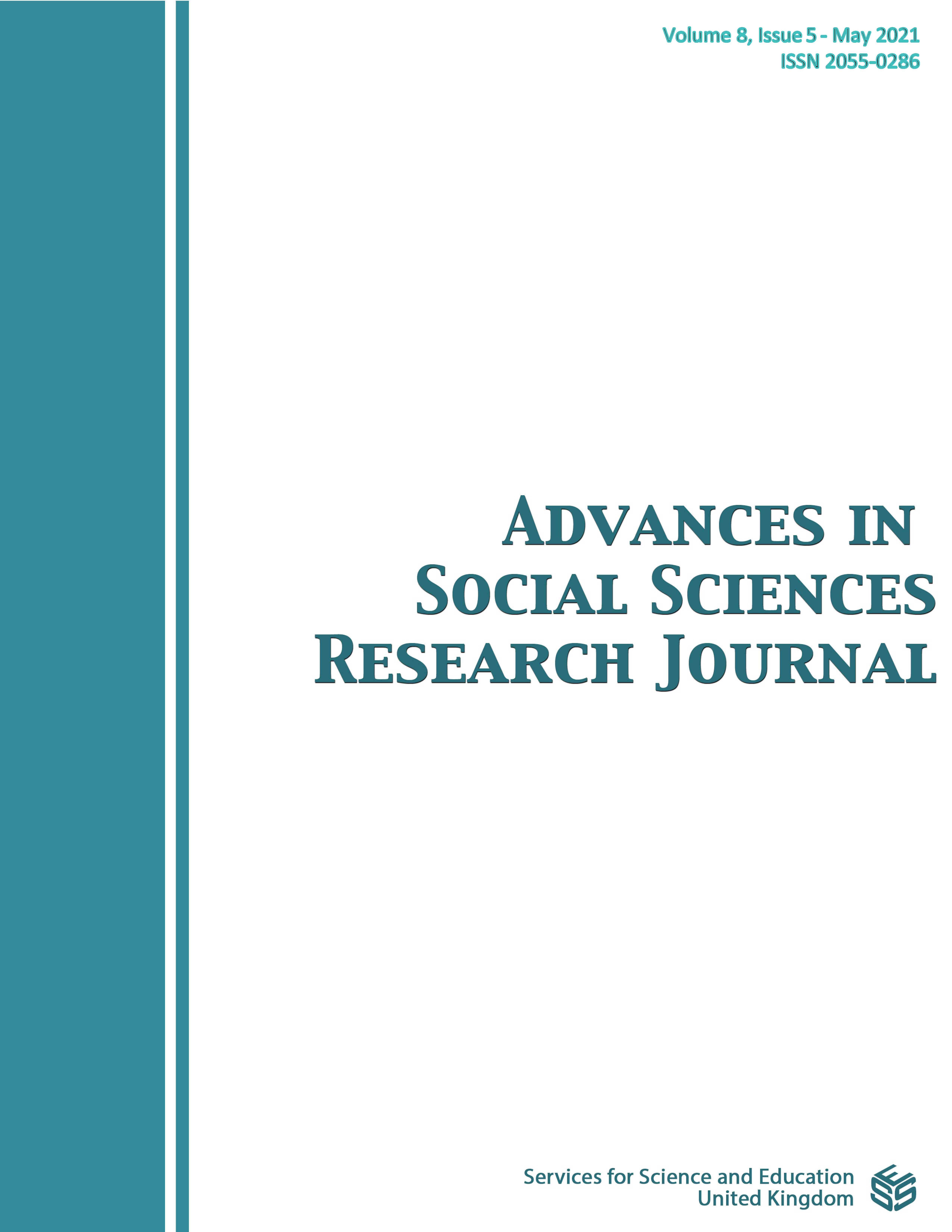Speak English, Don’t Speak Vernacular. Language Culture and Practice, and Policy Implications in Schools
DOI:
https://doi.org/10.14738/assrj.85.10202Keywords:
Language culture, policy implications, English, vernacular.Abstract
Compulsory adoption of language culture appears to heighten controversy and tension in schools. This phenomenon seems like a ‘dilemma’ judging from the way of policy and practice in schools. Language culture at the foundation stages seems to be strictly monolingual in some schools contrary to the dynamics of the education curriculum. This indeed seems to be a cultural idiosyncrasy that underpins cultural practices in some schools. Ghana Education Service recommends the speaking of English as medium of instruction at the early stages in schools, and so, English as official language is largely used at the foundation level. This investigation is looking at how a holistic approach could create a greater impart rather than applying a ’restrictionist’ theory in a school. This adherence calls for inquiry into ‘Speak English don’t speak vernacular in the school.’ The study employs a qualitative case study for the textual analysis. Two language teachers from ‘Kikako’ M.A. primary school in the Central region of Ghana were selected for the study. In-depth interview was the main instrument used. Analysis of data was by thematic sequencing using discursive, narrative and interpretive paradigms. The realisation of the study was that, the use of English only in schools was a controversial practice. Claims were that the use of vernacular also provided emergent and integrated literacy, which enhanced communication networking in the classrooms and school activities. It is absolutely useful to adopt English and vernacular in the school curriculum.
Downloads
Published
How to Cite
Issue
Section
License
Copyright (c) 2021 Alex Kwao, Gertrude Torto, F. R. Ackah-Jnr, Appiah John

This work is licensed under a Creative Commons Attribution 4.0 International License.
Authors wishing to include figures, tables, or text passages that have already been published elsewhere are required to obtain permission from the copyright owner(s) for both the print and online format and to include evidence that such permission has been granted when submitting their papers. Any material received without such evidence will be assumed to originate from the authors.






